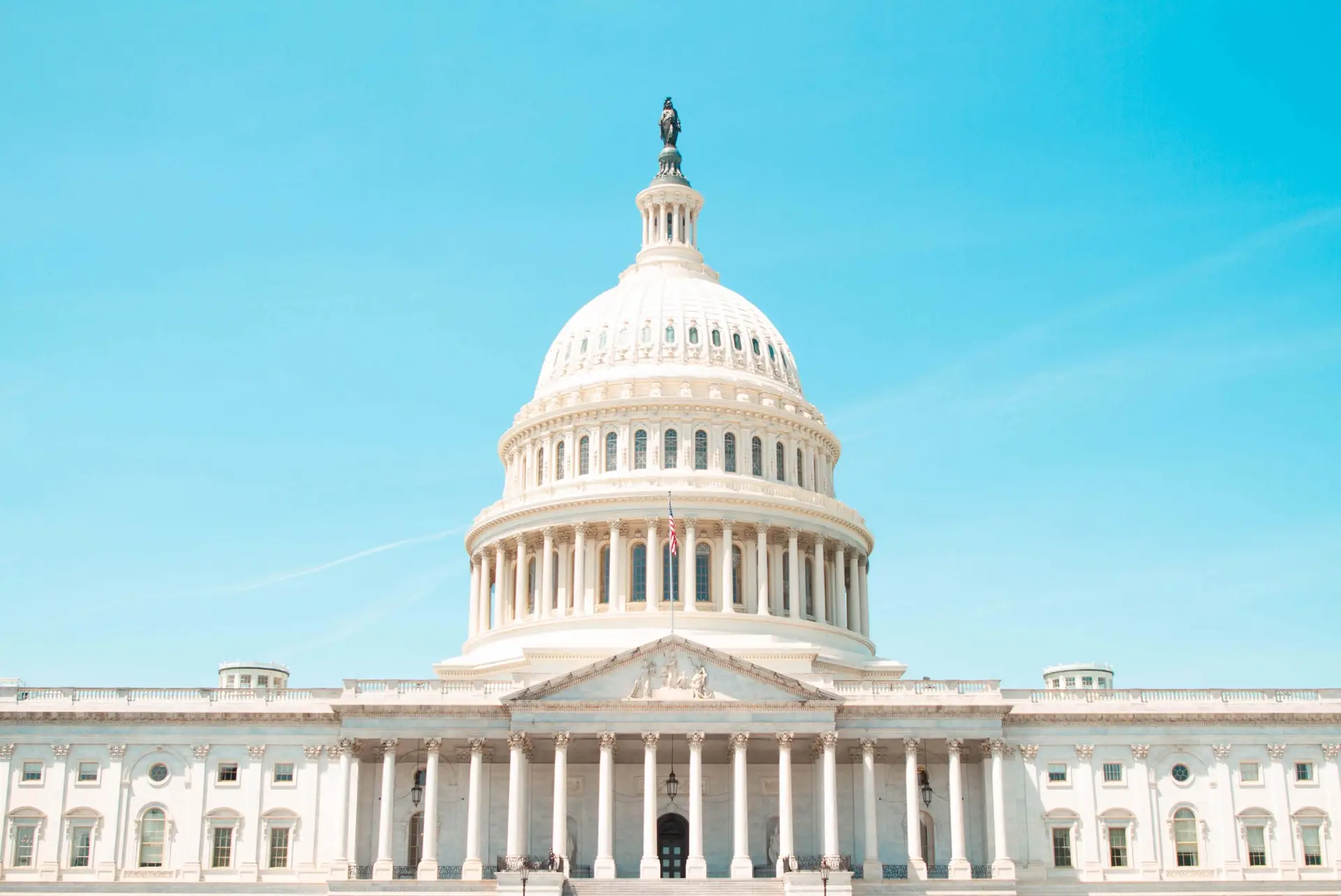Social media has become an integral part of our daily lives. There’s simply no escaping it. Facebook, Twitter, Instagram, and a myriad of other platforms have connected us like never before. However, as much as social media has brought us together, it’s also opened a can of worms. Cyberbullying, fake news, hate speech, and misinformation are some of the problems that arise from social media. This has led to increased scrutiny, and governments are beginning to enact laws to regulate social media platforms. In this blog post, we’ll take a closer look at the latest social media legislation and what it means for parents.
1. The European Union’s Digital Services Act (DSA)
The Digital Services Act (DSA) is a proposed law that aims to regulate social media platforms operating within the European Union. Once enacted, the DSA will hold social media companies accountable for user-generated content, fake news and propaganda. It will also require transparency in political advertising, and provide a fair marketplace for smaller businesses. For parents, this means that their children are less likely to be exposed to harmful content and propaganda.
2. The Child Online Protection Act (COPA)
The Child Online Protection Act (COPA) is a U.S. law that prohibits the dissemination of harmful content to minors. The act was passed in 1998 but has since been revised to include social media. COPA requires social media platforms to take measures to prevent minors from accessing harmful content such as pornography, violence, and material harmful to minors. As a parent, you should be aware of this law and encourage your children to use age-appropriate social media platforms.
3. The Online Safety Bill (OSB)
The Online Safety Bill (OSB) is a proposed U.K. law that aims to protect children from online harm. If enacted, the OSB will impose a “duty of care” on social media platforms to ensure that they protect their users from harm. This includes cyberbullying, harmful content, and misinformation. The bill aims to make the internet a safer place for everyone, including children. As a parent, this law should provide some level of comfort knowing that social media platforms will be required to prioritize the safety of their users.
4. Section 230 of the Communications Decency Act
Section 230 of the Communications Decency Act is a U.S. law that provides immunity to social media platforms for user-generated content. This means that social media platforms are not held liable for content posted by their users. However, there’s increasing pressure to amend this law to hold social media companies accountable for harmful content. It’s unclear how this will play out, but parents should be aware of the ongoing debate on Section 230 and its potential impact on social media platforms.
Conclusion
Social media has its pros and cons. On the one hand, it brings people together, but on the other hand, it can be a source of harm. By proactively staying informed and remaining vigilant, you can equip yourself to ensure your children’s online experience remains safe and positive. In this context, innovative solutions like child to stay connected without being exposed to harmful content, you can provide them with a nurturing digital environment that encourages responsible and secure online engagement.
Excited to learn more about Troomi? Click here to learn more!


